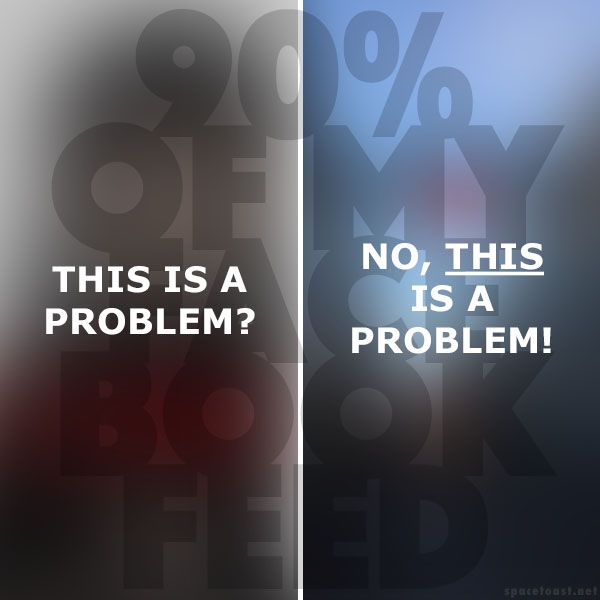It’s been a long day. With respect to the feelings of many people I care about, Trump is not a win for America. You may not think so, but I’ve been listening to you all along. I’ve been listening, but you haven’t fulfilled your end of the bargain—you’ve neither listened, nor had anything much to say.
There’s been no “smear campaign:” We’ve only taken Trump at his true, in-context, and utterly un-American word. You “feel” that the economy was better under him, while the numbers call it a wash. You believe that crime is rising where it’s falling. The border is such a major issue for you, but when Republicans killed the bill that was everything you wanted because Trump wanted to, quote, “run on immigration,” you didn’t bat an eyelash. You fail to hold Trump to any standards, and while you’ll privately oppose many of his and his cronies’ policies (tax cuts for the rich, money in politics, unfettered corporate power, healthcare, contraception, Ukraine, etc.) you don’t speak out. You won’t speak out. And it’s only going to get harder.
If the last decade has taught us all nothing else, it’s that all expectations are off. The guardrails do not hold. Polling doesn’t work anymore. Reporting doesn’t work anymore. Only bold repetition seems to break through, and that is an idea whose master we do not wish to acknowledge.
We treat America’s democracy as a thing carved in stone, rather than a gentle flower we must guard. Democracy is a burden, which is why it’s been allowed to fail in so many places, already, in this young century. It’s our burden. But when we allow the information space to, as Steve Bannon recommended, “fill with shit,” we shirk our duties as citizens. And no amount of projection and finger-pointing can overcome the tarnish on your intellectual honor from believing only what you want to believe.
Trump can’t stop lying. He’s in too deep. But whatever of his policies you support, you must not play along. That way lies nothing of honor, value, bravery, or love.
***
These were my thoughts Wednesday, the day after Donald Trump was elected to a second term as U.S. President. They’re messy, but they’re honest.
There is something important I left out, though. I won’t waste your time with paragraph after paragraph. It’s this: Social progress is not zero-sum. Putting in “the leaf” doesn’t make your place at the table any smaller. (And the good man must then ask: What if it even did? What would that change?) Populists have been leading flocks astray with this dead meme for well over a century, that being concerned for someone who isn’t you means not being concerned for you. I have to wonder how small their hearts are. Whatever can be used to “other” one’s fellow man and pretend that they, uniquely, don’t matter, is fair game.
When shamed out, as they always are, they invert the play. They steal the language of those they’d marginalize. It’s the same premise. It’s childish. That someone else has suffered doesn’t imply that you haven’t. That your and your neighbor’s positions are precarious doesn’t mean that you need to find a way to fuck him out of whatever he’s got left.
We’re supposed to be One Nation, and we’ve elected a divider–a man whose chief talents are projection and insults. This is not baseball. Enjoy your truimph, but look forward to the hangover. Whoever won this election, America lost.





















